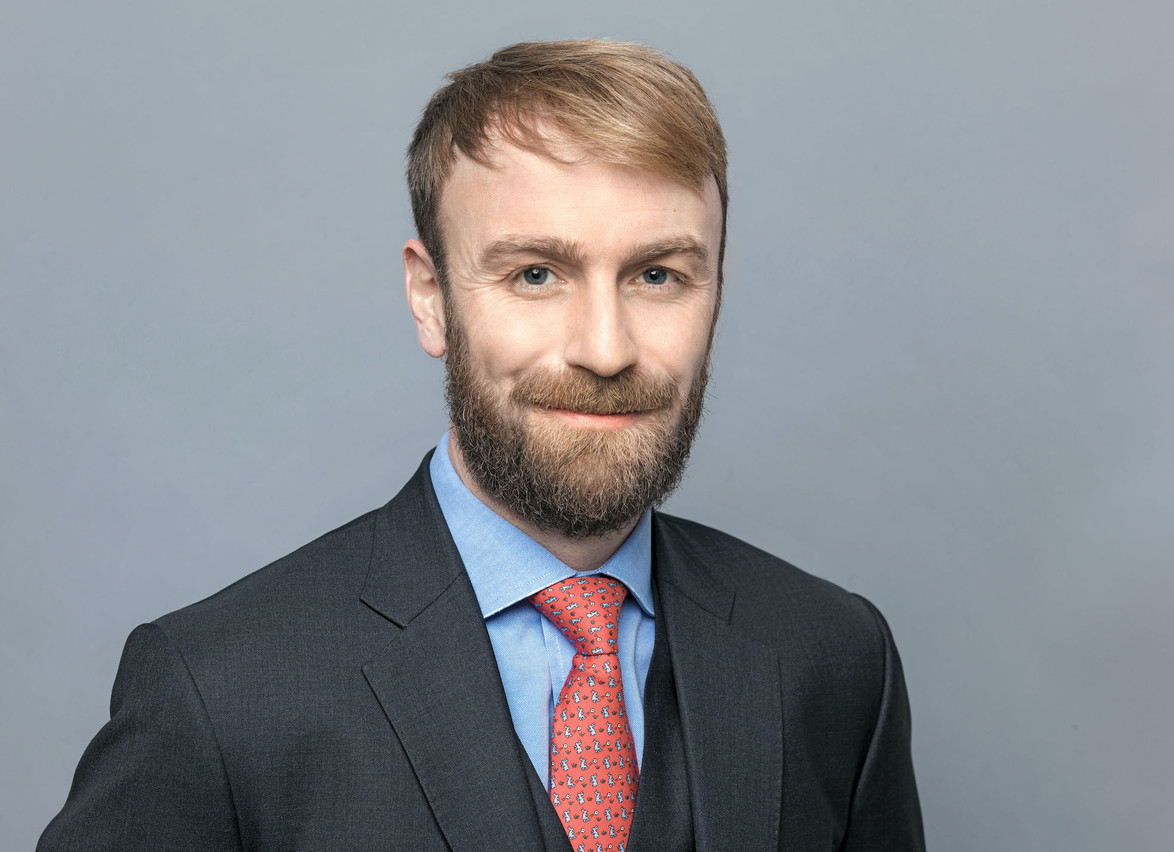“The Essential Portfolio Selection Quintet Earth fund responds to client demand,” explained James Purcell, group head of ESG, sustainable and impact investing at Quintet Private Bank. “When they look at the sustainable investment fund offering, the question that comes up most often is impact. How is this fund changing the world? This is a difficult question to answer. Just because we ban environmentally unsound sectors does not mean that this has a direct effect on improving the climate situation. That is why we are playing the reforestation card. We combine the advantages of a recognised financial product--a Ucits product in this case--with a direct and measurable impact on the environment.”
Trees...
Purcell said that most of the ESG funds in existence today, even the best ones, will not change the world. Not least because they trade in securities issued years ago and so cannot influence company policies. “It is symbolic that the best intentions in the world do not change anything in practice. Here, the more money you put into the fund, the more trees you will plant in the real world.”
Quintet Earth is both a contemporary product and another brick in the bank's commitment to sustainable finance. “A commitment that must be reflected both in the responsible and sustainable long-term approach chosen by the bank in its own investments and in the products it offers to its clients.” Clients for whom climate change is a real issue, Purcell argued. “The issue of climate change is perhaps the most pressing challenge we will all face in the next ten or twenty years.”
The reforestation part was entrusted to Myclimate, a global specialists in voluntary CO2 offsetting. Myclimate is a non-profit organisation that currently supports over 125 climate protection projects in 37 countries. “The carbon emissions associated with investment activities will be offset by the annual purchase of carbon credits from community-based reforestation projects, thereby removing carbon from the atmosphere and supporting sustainable development,” the bank said.
... and performance
This will be done without compromising performance, insisted Purcell.
The fund, managed by DWS, will be a passively managed fund that will replicate the Bloomberg MSCI Global Green Bond and MSCI World Low Carbon Equity Target indices. All green bond products are invested exclusively in projects designed to generate positive environmental benefits, while the low carbon equity basket is associated with 70% less carbon than conventional equities. It is a liquid, multi-currency fund with daily trading and monthly reported performance.
It is also based on a belief that “companies that are better prepared for the impact of climate change on their business--by managing their resilience and associated risks--are better positioned to grow,” explained , Group CEO of Quintet.
Active passive management
Passive management is not a disadvantage for Purcell. In fact, it is an advantage. “What we wanted to do on the investment side was to present a transparent and understandable product with a history. This is impossible when launching a fund with active management. We chose two indices that offer this transparency and history. For me, this is not a passive product, but a systemic product, simple and understandable, with a strong impact on the real world.”
Passive management is not synonymous with passivity on the boards either. Quintet will actively take on its responsibilities as an investor. “We have one of the most progressive social and environmental records in the industry,” stated Purcell. “Last year we supported 90% of the ESG motions put forward at general meetings. Twice as many as the observed average.”
“Whether the strategy is active or passive, we will have an impact.”
Even before its launch on 25 January, the fund has attracted €280 million in subscriptions from Quintet clients. That is “a fantastic starting point, the best way to launch a fund,” said Purcell. He hopes that EPS Quintet Earth will act as a catalyst and that Quintet’s approach will become a standard for investment funds.
This article was originally published in French by and has been translated for Delano
